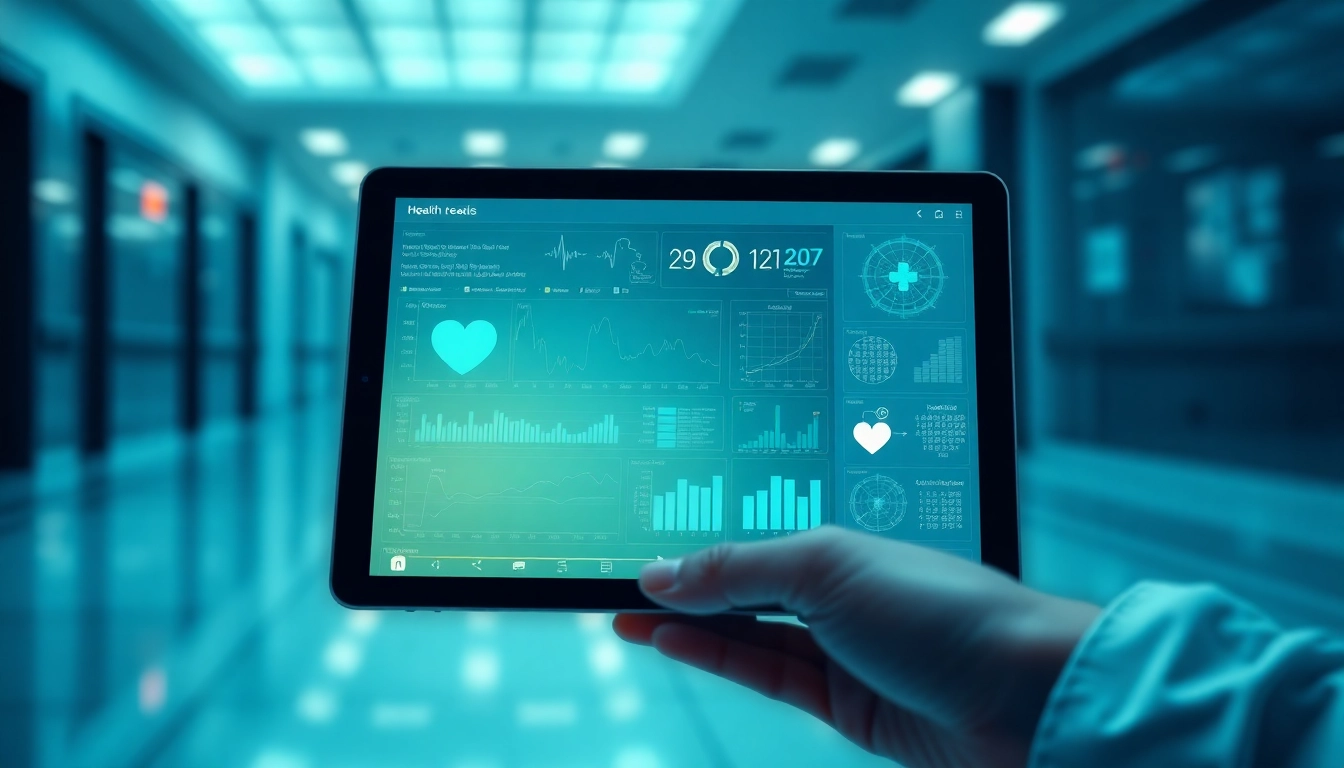Introduction to Relationship Breakup
Experiencing a relationship breakup is a profound event that impacts not only the individuals involved but also families and friends. The emotional toll can be overwhelming, making it a subject of great relevance for many. Whether the breakup is initiated by one party or it is a mutual decision, feelings of grief, loss, and confusion often arise. This article will explore the complexities surrounding the relationship breakup, aiming to provide insightful perspectives and practical advice for navigating this challenging time.
Defining Relationship Breakup
A relationship breakup signifies the end of a romantic partnership. It can stem from various factors, including incompatible values, communication breakdown, or changes in personal circumstances. Breakups can be categorized into different types, ranging from amicable separations to tumultuous splits, and understanding these distinctions can aid individuals in processing their experiences.
The Different Types of Relationship Breakup
Breakups can come in various forms, each presenting unique challenges. Some common types include:
- Mutual Breakup: Both partners agree that the relationship is no longer viable, often resulting in less animosity.
- One-Sided Breakup: Initiated by one partner, this type can be particularly painful for the person being left.
- Ghosting: One partner disappears without explanation, leading to confusion and lack of closure.
- Traumatic Breakup: Involves betrayal or infidelity, leaving deep emotional scars and requiring more time to heal.
- Long-Distance Breakup: Challenges from geographical separation can complicate feelings and communication.
Understanding the type of breakup you are experiencing can aid in tailoring your coping strategies and understanding the emotions that follow.
Understanding Common Emotions
After a breakup, a myriad of emotions may surface. Common feelings include:
- Sadness: A natural reaction to loss, feelings of emptiness may pervade daily life.
- Anger: Whether directed at oneself or the ex-partner, anger can be a powerful emotion that needs to be processed.
- Guilt: This can arise from your decisions or feelings of inadequacy about the relationship.
- Relief: In some situations, a breakup may bring relief from a toxic or unfulfilling relationship.
Recognizing these emotions as valid can help in navigating the healing process and allow individuals to process their feelings without judgment.
Navigating the Pain of a Relationship Breakup
Dealing with the aftermath of a relationship breakup often requires active engagement with one’s emotions and circumstances. The journey towards healing is deeply personal, yet there are shared experiences that can guide individuals through this turbulent time.
Coping Mechanisms for Grief
Grieving is an essential part of moving on. Engaging in productive coping mechanisms can make the process smoother:
- Journaling: Documenting your thoughts and feelings can help you process the emotional turmoil and reflect on the relationship.
- Physical Activity: Exercise can boost endorphins and is a natural remedy for feelings of sadness and anxiety.
- Creative Outlets: Engaging in art, music, or any other creative activity can serve as a powerful means of expression and healing.
- Meditation and Mindfulness: These practices can help ground you, making it easier to navigate the flood of emotions post-breakup.
Combining various coping strategies can create a personalized toolkit for managing grief effectively.
Recognizing Signs of Emotional Distress
Emotional distress can manifest in numerous ways, and recognizing these signs is crucial for seeking help:
- Changes in Appetite: Loss or increase in appetite may signify emotional struggles.
- Sleep Disturbances: Trouble falling or staying asleep can be a major indicator of distress.
- Social Withdrawal: Isolating oneself from friends and family can exacerbate feelings of sadness.
- Loss of Interest: Disinterest in activities once enjoyed can indicate emotional fatigue.
If you identify these signs in yourself, it may be beneficial to evaluate your emotional health. Seeking support is a proactive step toward healing.
Seeking Support from Friends and Family
Having a support system in place is invaluable during this time. Friends and family can offer perspectives, lend an ear, or simply provide comfort:
- Open Communication: Share your feelings with trusted individuals. Talking can relieve the weight of emotional burdens.
- Quality Time: Spending time with loved ones can help distract from painful thoughts and create positive experiences.
Connection with others fosters healing, reminding you that you aren’t alone in your experience.
Steps to Recovery After a Relationship Breakup
Recovery is an ongoing process that requires intentionality and self-compassion. Below are steps that can facilitate a smoother transition post-breakup.
Establishing Personal Boundaries
Setting boundaries is crucial for protecting your emotional well-being. Creating space allows you to heal without external pressures:
- Limit Communication: Consider establishing a no-contact rule to reduce emotional triggers.
- Reassess Shared Spaces: If you share living or social spaces, adapt environments to reflect your independence.
Boundaries empower you by placing your emotional health at the forefront of your recovery.
Practicing Self-Care and Wellness
Self-care is essential in the recovery process. Prioritizing your well-being can take many forms:
- Nourishing Your Body: A healthy diet is essential for both physical and emotional health.
- Engaging in Relaxation Techniques: Activities like yoga, deep breathing exercises, or spa days can recharge your spirit.
Being kind to yourself during this process fosters growth and long-term wellness.
Engaging in New Activities
Post-breakup is an opportunity to explore interests that may have taken a back seat during the relationship:
- Join Clubs or Classes: Engaging with new hobbies or social groups can foster new connections and interests.
- Travel or Explore Local Areas: Stepping out of your comfort zone can provide fresh perspectives and experiences.
Engaging in new activities helps reshape your identity and creates space for new memories.
When to Consider Professional Help After a Relationship Breakup
While self-help strategies are valuable, there are moments when professional intervention can be crucial. Knowing when to seek help is a key step in recovery.
Identifying Signs for Therapy
It’s essential to recognize when emotional distress becomes unmanageable:
- Persistent Sadness: If feelings of sadness linger beyond a few months, therapy may be beneficial.
- Difficulty Coping with Daily Life: Major life changes, including work performance or social interactions, can signal the need for support.
- Recurring Negative Thoughts: Thoughts of self-harm or hopelessness should be addressed immediately.
Identifying these signs early can significantly improve the healing process through guided support and resources.
What to Expect in Counseling
Entering therapy can be daunting, but understanding what to expect can ease anxiety:
- Open Dialogue: Therapists provide a safe space for you to express your feelings and concerns.
- Guided Exploration: Expect to work through feelings, triggers, and coping strategies with your therapist’s support.
- Skill Development: Therapists can equip you with tools to manage emotional pain and improve resilience.
Counseling serves as an empowering resource, facilitating deep emotional exploration.
Benefits of Seeking Mental Health Support
Therapy provides various benefits that can enhance recovery, including:
- Understanding Your Emotions: Gaining clarity about your feelings can aid in effectively processing them.
- Learning Coping Skills: Professional guidance can introduce strategies for managing emotions and navigating challenges.
- Building a Support Network: Therapists can help you connect with groups or communities that further support your recovery journey.
Utilizing mental health resources can expedite your recovery and empower you moving forward.
Looking Forward: Lessons Learned from a Relationship Breakup
While a breakup can be painful, it also presents invaluable opportunities for personal growth and reflection. The narratives we build post-breakup often shape future relationships and personal development.
Identifying Growth Opportunities
Reflecting on a past relationship can illuminate valuable lessons:
- Learning About Yourself: Understanding your own needs and desires can inform future partnerships.
- Recognizing Red Flags: Past patterns can provide insights into behaviors or traits that may be problematic in a future partner.
- Reassessing Relationship Goals: Evaluating what you want in future relationships can foster healthier connections.
Growth from a breakup does not occur overnight, but conscious reflection can facilitate this journey of self-discovery.
Utilizing Experiences for Future Relationships
Moving forward, applying the lessons learned can reshape future relationships positively:
- Communication Skills: Use enhanced communication abilities to express needs and encourage transparency in future partners.
- Fostering Boundaries: Establish healthy boundaries earlier in relationships, ensuring both parties respect one another’s space.
Experience allows you to build stronger, more fulfilling relationships moving forward.
Building Resilience Post-Breakup
Resilience is crucial when processing and healing from a breakup:
- Cultivating a Support System: Surrounding yourself with supportive friends and family bolsters resilience.
- Developing Self-Compassion: Being kind to yourself fosters strength through emotional adversity.
Resilience equips you to face future hardships, reiterating that recovery is an ongoing and evolving process.



